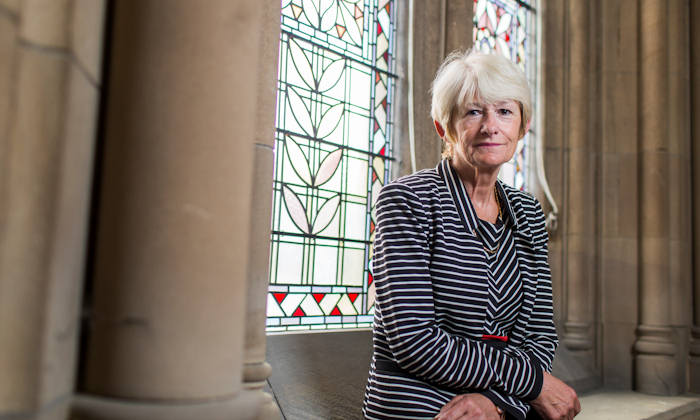Triggering Article 50
29 Mar 2017
Statement from the President and Vice-Chancellor

The University of Manchester is proud to be a global institution that welcomes staff and students from across the world to one of the UK’s most ethnically diverse cities. Yet, like all universities, we face major challenges following recent political events in the UK and beyond.
Many members of our community, particularly nationals of other European Union (EU) countries and/or those who hold grants or are working in partnership with EU agencies or organisations, are concerned about the likely impact of the decision to leave the EU (‘Brexit’) following the referendum which took place on 23 June 2016.
Article 50 has now been triggered, signifying the start of the two-year negotiation for the terms of Britain’s exit from the EU, but the next stages are not yet clear. We expect no significant changes for quite some time given the complex negotiations, and we are lobbying hard for our key principles and for assurances from government. I remind you that even when the UK leaves the EU, we will still be very much a part of Europe.
Our top priority is to support our staff, students and collaborators who are likely to be affected in different ways by the referendum outcome. It is particularly important at this time that we continue to support our current colleagues and students and welcome new ones from Europe and other continents, and show them how much they are valued.
The government has reassured universities about the protection of staff, students and research, for example in the Brexit White Paper which noted the importance of skilled immigration; assurances for existing EU students and those starting courses in 2016/17 and 2017/18; and a commitment to underwrite payments for Horizon 2020 grants, all of which have been welcomed.
Despite these reassurances, uncertainty persists, particularly over the status of EU citizens living in the UK and that of UK nationals in other member states, and EU students starting courses in 2018/19, when it is expected the UK will still be a member of the EU. Seeking clarity on these remains a priority.
Following the referendum outcome, I established and chair a group of senior colleagues here at our University to consider all aspects of the impacts of the UK vote to leave the EU.
Actions have already been taken including: targeted messages to staff, students and key collaborators; open meetings; a dedicated email address for comments and queries; and a web presence targeted at key groups which holds the latest advice, including statements from the University and related organisations.
Information sessions providing practical advice and support to staff on residency and citizenship eligibility status have been held for EEA and non-EEA staff, followed by smaller workshops to provide individual guidance and support. These have been very well received by staff. We will build capacity in HR to deliver advice to non-EEA staff. This will provide us with a foundation for a service to EEA staff following any change to their eligibility to work in the UK post-Brexit.
We are working actively with national bodies such as Universities UK and the Russell Group, as well as learned academies and professional bodies, to advance the HE sector’s priorities for policy positions linked to such things as attracting and retaining staff and students, existing and future collaborations and access to networks, and facilities.
We are also working with partners in the EU and beyond. We are using all of our networks, contacts and influence, and all available channels to try to ensure the best long-term outcome for our staff, students and partnerships.
We continue to work closely with our Students’ Union, for example on the relaunch of the We Get It campaign to address any concerns about an increase in intolerance. This makes it clear that we will not accept any kind of abuse or intolerance in our community.
A European group has been established, as part of our international strategy, chaired by Professor Luke Georghiou, Vice-President for Research and Innovation, which will develop plans for securing the University’s profile in Europe, and I and senior colleagues continue to lobby and inform through numerous routes.
Further information
We will continue to provide regular updates on StaffNet and on MyManchester for students. There is also a useful Brexit FAQs section on the Universities UK website and Open Letter from the Russell Group.
